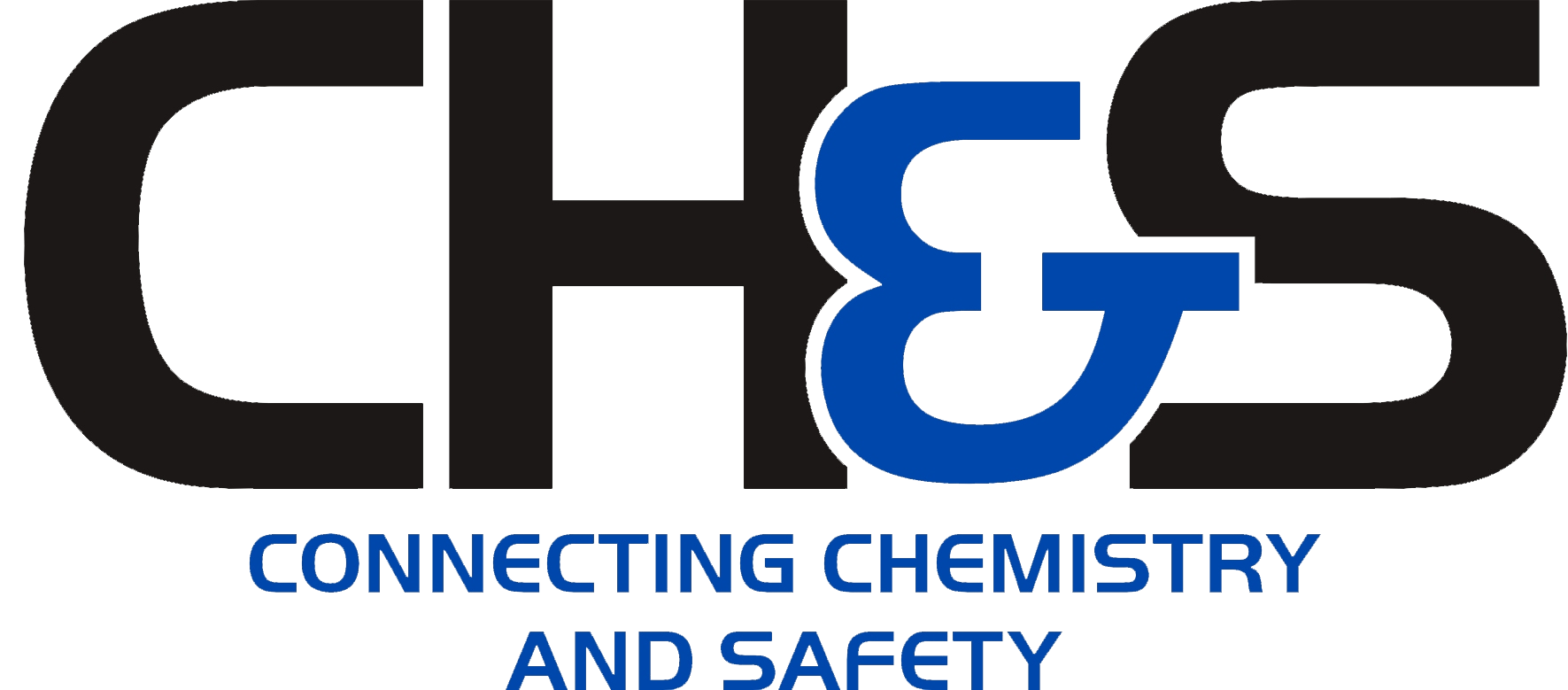Joint Safety Team Reflection on RAMP in the Research Lab and CSL in a Box Workshops at the University of Minnesota
Brady Bresnahan, 2023 UMN JST President
The researcher-led Joint Safety Team (JST) works to support and empower the Lab Safety Officers (LSOs) of both the Chemistry and Materials Science and Chemical Engineering departments at the University of Minnesota (UMN). We had a unique opportunity to do so in 2022 and 2023 through the RAMP in the Research Lab and CSL in a Box Workshops.
In June 2022, a daylong, two session workshop was held at UMN. In the morning, 60 LSOs participated in the Division of Chemical Health and Safety (DCHAS) Peer-led RAMP Risk Assessment in the Research Lab Workshop. They were educated on the RAMP process, and had opportunities to practice each of the RAMP steps with case studies in small groups. For most LSOs it was their first exposure to RAMP, the PubChem database, CAMEO Chemicals, and the Chemical Safety Library (CSL). Despite the novelty of the formal RAMP process introduced in the first session of the workshop, LSOs were able to effectively use and discuss the RAMP process as they worked through the case studies presented.
After lunch, DCHAS membership chair, Ralph Stuart, guided researchers through practice of other risk assessment tools such as a “What if” Analysis and the 5 Questions approach while exploring resources like CAMEO and the CSL in greater depth. The workshop educated our LSOs on resources to help them better understand the chemistries, hazards, and risks they encounter in their research and how to use the resources covered and techniques practiced to minimize those risks and prepare for emergencies.
Besides the safety education offered in the workshop that university training cannot match, UMN’s hosting of the workshop has led to LSOs serving as leaders, facilitators, and moderators for the virtual offerings of the DCHAS RAMP workshop, which are great professional development opportunities that are hard to come by for graduate researchers.
To expand upon the success of the 2022 workshop, a two-day CSL in a Box Workshop was held in July 2023 at UMN for 17 LSOs, thanks to Ralph Stuart, retired Stanford University librarian Grace Baysinger, UMN librarian Meghan Lafferty, and the JST co-presidents. To begin, the librarians comprehensively covered the search resources available to UMN researchers and highlighted the advantages of each in terms of research and safety. Utilizing the local university librarian in the workshop to tailor the resource and search strategy content best prepared researchers for success in the workshop and should prove useful for their research as well.
The rest of the workshop focused on LSOs reviewing chemical incompatibility or hazardous reactivity data mined by Purdue University students; gathering more chemical information from PubChem, CAS Common Chemicals, CAMEO Chemicals, and other resources; and entering that data into the CSL. A presentation on the data mining, a RAMP refresher, and a case study discussion helped break up the workshop and drive home its importance. After over 100 entries were submitted, each taking 5-20 minutes, LSOs anticipated using CAS, CAMEO, Knovel, PubChem, and SciFinder-n to find safety information in the future with most LSO not being familiar with CAMEO nor Knovel before the workshops.
Not only did the workshop introduce students to these resources, but in navigating the resources to prepare CSL entries LSOs learned how to use them effectively and in experiencing their advantages first hand LSOs were convinced to use them in their future safety research. The LSOs were also encouraged to bring their own incompatible reactions or chemical safety questions for exploration which improved engagement and further convinced them of the usefulness of the resources and tools covered.
The UMN JST strongly encourages universities and Lab Safety Teams (LSTs) to send graduate researchers to the DCHAS Peer-led Workshops and to reach out to the DCHAS membership chair(s) if they are interested in hosting a CSL in a Box Workshop. These are unique learning opportunities for researchers that are usually not found in standard university chemistry training and LST events.
